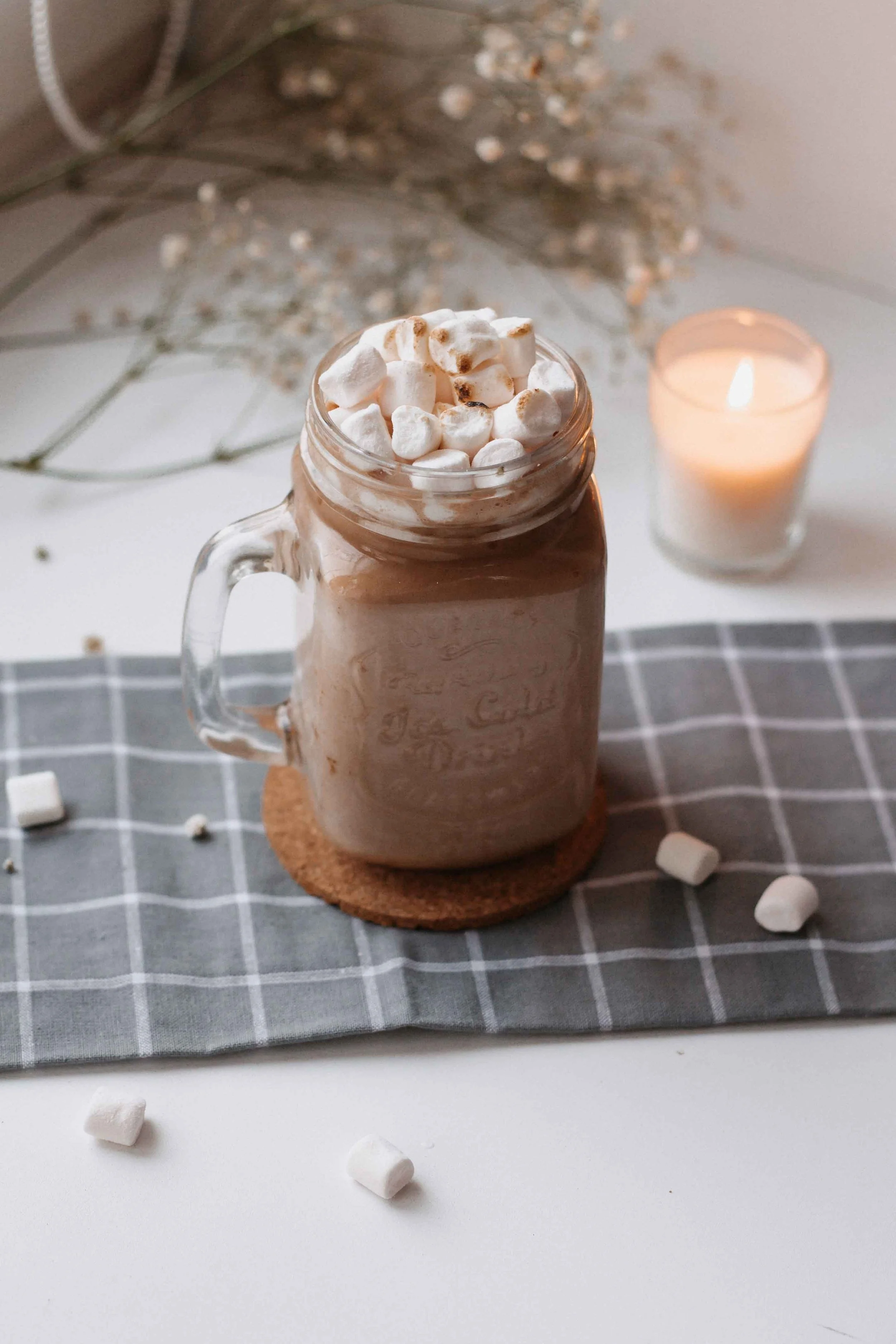Self help
Signs of childhood trauma in adults
Constant state of alertness and hypersensitivity to the environment, and a sense of never being to relax fully, in case something bad happens. You may also be sensitive to minor changes in other people’s moods.
Being easily startled - sudden sounds make you jump
Intrusive thoughts about the traumatic events and your abusers
Lack of ability to trust others, including romantic partners.
Depression and feelings of hopelessness, lacking motivation
Chronic stomach issues
Tendency to constantly worry and focus on the things that could go wrong
Perfectionism, as a coping mechanism to control some aspects of your life and prevent feelings of failure and helplessness. This is the tough one to identify, because the individual can be a high performer at work and in other areas of life.
Mindfulness helps you become aware of where emotions sit in your body, find ways to soothe the mind and body, and give yourself the compassion you deserve.
Grounding to feel safe
By using the 5 senses to anchor you to the present, you can feel more grounded in the moment. The key is to integrate this feeling of safety and comfort into your day as much as possible to rewire your brain. Here are a few ways and links to help you feel grounded.
Sight: gaze at a candle as the flame flickers. When feeling triggered, look around and name 5 things in the room to return to the present.
Sound: Rhythmic music or nature sounds, some people find alpha waves music helpful. When feeling triggered, close your eyes and put on one of these tracks.
Smell: A calming room spray, my favourite is this Sacred Earth Room Mist which is lovely and earthy. When triggered, spray and take a deep breath in.
Taste: Drink a hot cocoa or eating a favourite snack. When triggered, grab your favourite snack and focus on its taste.
Touch: hold onto soft objects like a blanket. Some people find weighted blankets comforting. When feeling triggered, place your hands on your heart centre or tummy and just breathe.
Movement and meditation to release emotions
Mindful movement and meditation help you connect more deeply with your body, release tension and emotions trapped in the body. You’ll feel more compassion for yourself after these exercises, whether they are 3 mins or 1 hour long.
Yoga, try this beautiful 25 min yin yoga for anxiety by Boho Beautiful, notice the emotions that come up without judgment, and use the exhale to let them go
Breathwork, try this powerful 1 hour breathwork for emotional release by Koya Webb
Body scan, try this quick 3 min body scan by Fearfree to connect with all the feels in your body
Mindful expression
Mindful expression can be in the form of writing, speaking or art.
Labelling emotions: naming your emotions puts distance between you the emotions to releases its grip over you and restore mental clarity. Say ‘I am feeling disappointed’, ‘This is anger’ or ‘I am experiencing worry’.
Affirmations: Saying affirmations out loud can help rewire your brain and change your emotional state immediately. One I love is ‘I am enough.’ Try these healing affirmations for trauma. Pick one that resonates and put it somewhere you can see every day. Your inner child will thank you!
Journalling: Write your thoughts out with these journal prompts to help process some of the experiences and get in touch with your intuition. There is sage advice in every person that is waiting to be listened to!
Reading to understand how the brain heals
Mindful movement helps you connect more deeply with your body and notice physical cues of discomfort in the body.
The Body Keep the Score by Dr Bessel van der Kolk
It Didn’t Start with You by Mark Wolynn
What Happened to You? by Dr Bruce D. Perry and Oprah Winfrey
The Boy Who Was Raised as a Dog by Dr Bruce D. Perry
Apps to support your healing
Mental health apps help
Headspace, for beginners to mindfulness and meditation who want to a structured experience to feel calm in just minutes a day.
Calm, for people with meditation experience with guided meditations, sleep stories, nature sounds to help anxiety and feel better.
Happify, for people who want fun and guidance around thoughts and feelings through the use of cognitive behavioural therapy (CBT) and positive psychology
Rootd, for people who need support during severe anxiety and panic attacks, and help you change your relationship with anxiety so you can live panic free.
Talkspace, for people who want to have the support of a mental health professional at any time, services are offered for individuals and couples.





